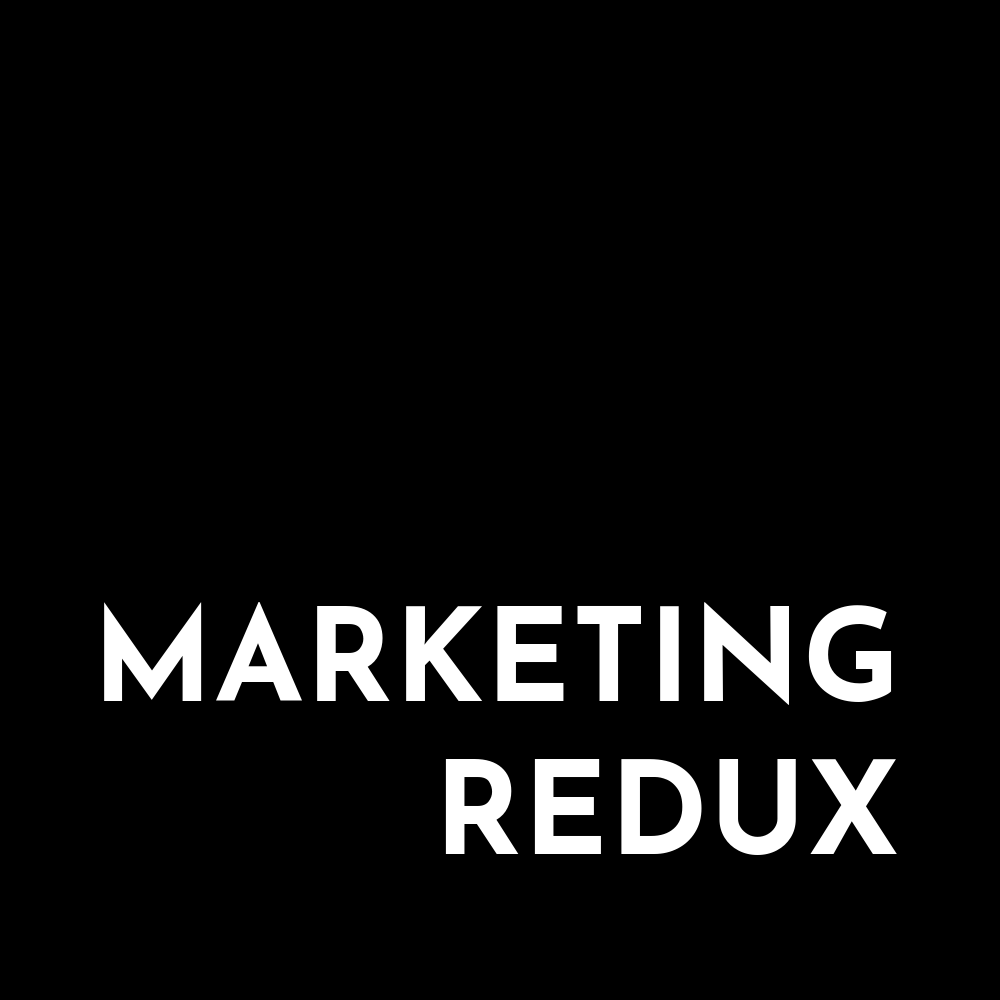I remember the days in school when reading, writing, and arithmetic were the main course of student fare. Much of the reading was learning words and then using them in sentences. Math was learning formulas and applying it through tests and homework. There were times that I questioned the usefulness especially as got to trigonometry. Now I can see that reading, writing, and arithmetic all apply in the world including search engine marketing.
Keywords: The Reading in Search Marketing
Keyword research is like the reading in search marketing. This begins by visiting the search engines to find what my competitors rank for. For instance, when I am looking at a term that I want to rank for I look to see the top ranked site. There are three things that I look at when assessing my position. The first is the title, what is it that they are targeting for keywords. The second is in the meta description which is often the call to action based off of the title tags. Third is the meta keywords and are often placed in the code though they don’t need to be there. These three areas help me get an idea of what I could be using or differentiating myself.
In gathering my keywords I also use Google keyword Research Tool. Google’s free keyword tool allows you to find words and the estimated volume of searches. Just know that you shouldn’t make keyword decisions based off of the volume because it isn’t very accurate. Next filter this down to exact match and then export it to an excel file. Remove, categorize, and match content that fits together which can also be done for PPC or CPC advertising. Now that you have keywords the next step is utilizing it in your website. This is done by optimizing your website.
Optimizaton: The Writing of Search Marketing
Search Engine Optimization could also be related to the discipline of writing content for search friendly results. To do this you must write compelling content targeted at your customers. The danger resides in focusing too heavily on keywords you end up with something no one wants to read. It makes sense because you are trying to convince your customer to write quality content. If you can, measure your keyword ratio of about 5% depending on the length of the article. You can get away with a higher ratio with more in a shorter article. Although this number is not statistically accurate or have a lot of proof behind it does make sense from a perspective that Google does look to see if you are keyword stuffing your content.
Adding keywords to your title, anchor text, header, meta description, and alt tags will give you an additional advantage in optimizing your site for search rankings. These tags help announce what the page is about, gives a compelling reason to read, and additional information that Google might need in order to better index your site. I leave out the meta keywords because it really isn’t used in search engines.
Analytics: The Mathematics in Search Engine Marketing
Finally, analytics would be the mathematics in search engine marketing. Any marketing functions ought to have metrics to maximize business efforts. The use of analytic tools such as Google makes this easier than ever. Rather than just seeing who is visiting you can look at things like what are your top exit page, unique visitors, and your visitor trending. Mastering this can give you insight to what your customers are looking at to better refine your content.
A few equations to consider
Close Rate: ___ Customers/Leads= ____ x 100 = ____ % Close rate
Cost-Per Action:____ CLV x RR= $ ____ Cost-Per-Action
Cost-Per-Lead: $ _____ CPA x ____% Close Rate =$_____ CPL
Search Engine Marketing uses the old school adage of reading, writing, and arithmetic. Focusing on keyword research and then applying it to your content will help with site optimization. Your tags and information will further your results in search marketing. Measuring your work can be done through tools like Google analytics which is like arithmetic for SEO. A firm grasp and application of these ideas will help in gaining better search results.
What do you have to say about optimizing content?
